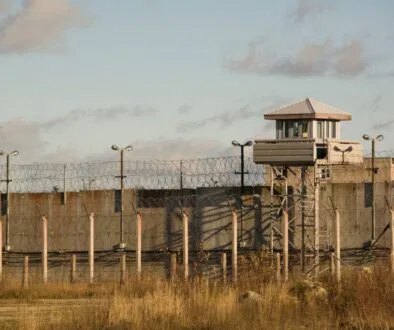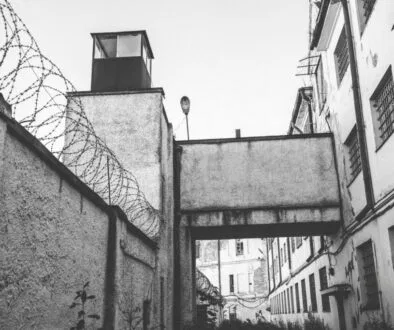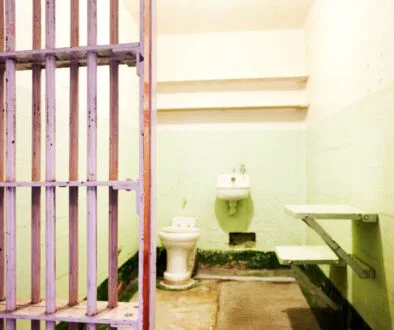What is the “Hole” in Prison?
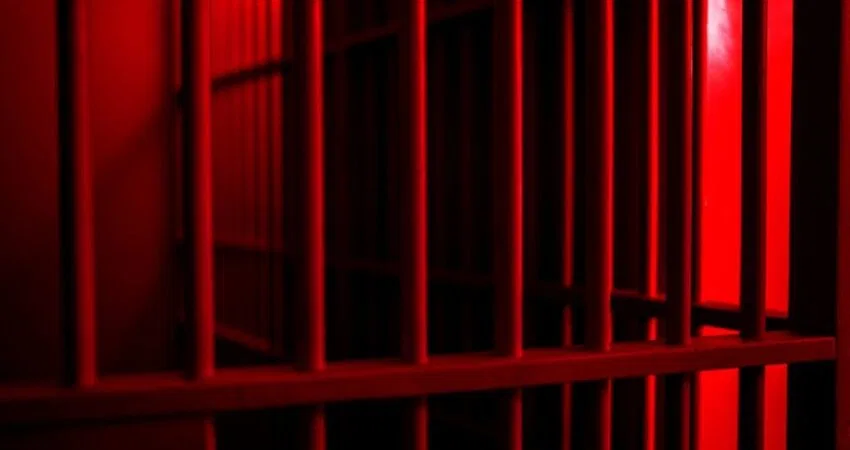
Published March 20, 2023
Administrative segregation is the separation of a prisoner from the rest of the prison population. In most prisons, administrative segregation is an alternative term for management control units, solitary confinement, the hole in prison, etc. Prisoners are usually “put in the hole” if they break prison rules, pick fights, make threats, disobey or disregard officers and direct orders, or attempt to murder someone.
What is the “Hole” in Prison?
Since the 1970s, local prison and jail officials have increasingly relied on isolation and segregation to maintain control over the men, women, and youngsters in their custody. In 1985, the US had a handful of control units. Nowadays, over 40 states operate super-maximum security institutions whose primary purpose is to hold individuals in long-term isolation.
Although conditions for the hole in jail vary from state to state and correctional facility to correctional facility, systematic policies and conditions include the following:
- Minimal non-contact family visits and phone calls
- Inadequate mental and medical care
- Sexual intimidation and other types of violence and humiliation
- Limited access to rehabilitation and education programs
- Limited contact with others
- Personal property and reading material restrictions
- Physical torture
- 22 to 24 hours of daily confinement
- Chemical torture
- Extreme temperatures, forced insomnia, sensory deprivation, and permanent bright lighting
What is the Hole Like?
Solitary confinement can last for a week, a month, or even years. A prisoner may be sent to solitary confinement for a variety of reasons, including the severity of their crime, fighting among convicts, assaulting guards, violating other prison regulations, or for their own safety.
In solitary confinement, an individual is typically kept in a little cell by themselves, oftentimes without a bed or other luxuries. Occasionally, a mattress and a blanket are provided.
There is no radio or television and no windows, only a hole in the door for placing food trays. In solitary confinement, prisoners remain in their cells and are only taken out to bathe and occasionally work out in a small pen; otherwise, they have no human contact.
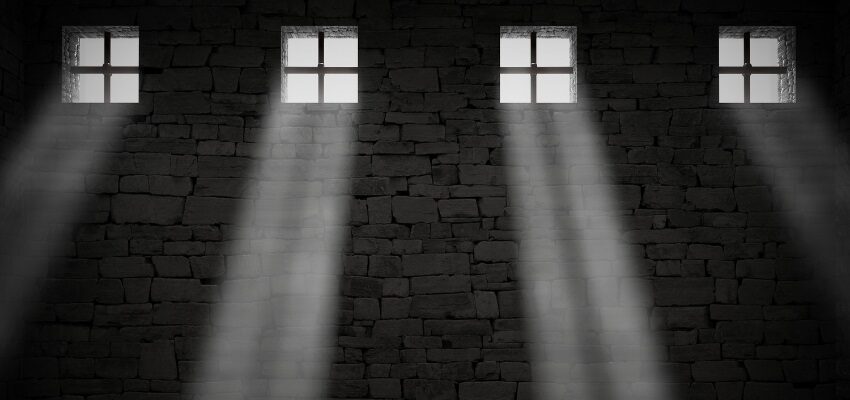
ADVERTISEMENT
Does Being in the Hole Considered Torture?
The hole, or isolation, in prison, matches the definition of torture as stated in a number of international human rights treaties and so violates human rights law. Torture is the intentional infliction of extreme physical or mental pain or suffering for the purposes of intimidation, punishment, gathering information, or discrimination.
A person’s mental health is severely compromised if they are not already mentally unstable before being placed in isolation. After spending time in isolation, many inmates are released immediately to the street. Long-term solitary confinement is problematic not just for prison conditions but also for public safety and the health of the community as a whole.
Time for Reconsideration
Humans are social creatures by nature which means complete isolation in stale surroundings and lack of stimulation and basic acknowledgment could cause mental stress. Unfortunately, however, the stigma around incarcerated individuals leaves the public with such a negative view.
The suffering of prisoners is not acknowledged, and sometimes their misery is even celebrated. If the purpose of U.S. prisons is reformation, then the government should reconsider how to make use of the hole in prison and decide if it has a place in today’s society.
Reduce Your Jail Call Costs By Up To 90% Per Minute With GlobalTel
GlobalTel’s inmate calling service lowers jail call per minute rates by up to 90% for jail calls from US facilities. Sign up now and use the special jail call phone number we create for you to eliminate the long distance jail call fees. Try GlobalTel for only $45.99 for 90 days. Make US/domestic and international jail calls at the local rate and stay connected to your incarcerated loved ones for less. Learn more about how to sign up for calls from inmates here.

This Content Is Fact Checked
Our esteemed team of specialists has thoroughly validated the accuracy of this information. Discover further details about the rigorous editorial guidelines for our website here.
ADVERTISEMENT

About The Author
Krizzia Paolyn is an SEO Specialist with a bachelor’s degree in Psychology. It has always been her passion to share her voice, and at the same time, to encourage other people to speak up.

